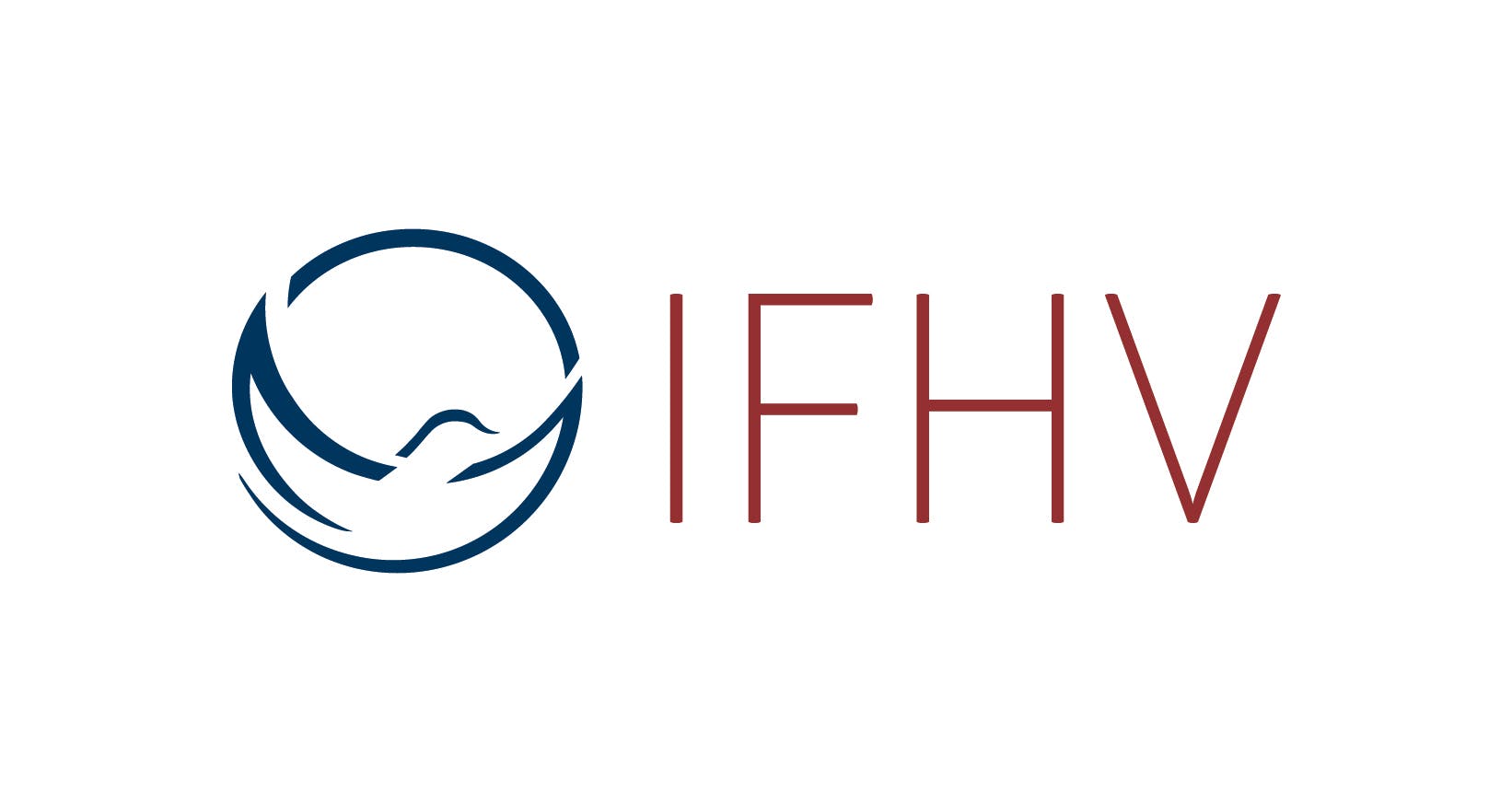Greening Food Security and Logistics
Already over
As environmental crises deepen, the humanitarian sector faces the urgent task of minimizing its environmental footprint while responding to emergencies effectively. This 3-day course will train you in the knowledge and skills necessary to lead and implement green initiatives within food security and logistics operations. Drawing on the European Commission’s Directorate-General for European Civil Protection and Humanitarian Aid Operations (DG ECHO) approach, this course provides you with a comprehensive understanding of the environmental impacts of humanitarian actions, focusing on food assistance programs. Through a blend of theoretical insights and practical exercises, you will learn to integrate sustainability into your operations, from sustainable supply chain practices to waste management and environmental impact assessment. This course is designed to foster leadership in environmental stewardship, encouraging you to spearhead green food security initiatives within your own organization and network.
The training is part of aha's certification scheme and can be credited towards a Certificate of Advanced Studies in "Foundations of Humanitarian Action".
You will learn
to be aware of the environmental impacts of logistics and food security
how to practically use innovative methods to improve your response
how to green the food assistance interventions within humanitarian action including cross-cutting and sectoral environmental requirements
how to be aware of the interlinkage between the sectors (logistics, food security, WASH, shelter) and their potential environmental impacts
how to critically reflect on the potential and applicability of the newly acquired skills in your own work context
how to to develop a strategy for greening food assistance operations within humanitarian contexts
Target group
Staff of humanitarian NGOs with several years of professional experience with the mandate to support greening food security
Schedule
Introduction to Environmental Challenges, Global Context, and Trends
Overview of Current Humanitarian Operations and Environmental Impacts
Lunch Break
Mapping Environmental Impact
Practical exercise to map the environmental impact of different stages and Interventions
Identification of Key Challenges and Opportunities for Integrating Environmental Considerations Into All Aspects of Humanitarian Work
Michael Hauser
Lecturer

Michael is a systems researcher specializing in food systems in fragile settings. With extensive experience in food security research, he explores how to improve the well-being of households and communities in areas affected by poverty, food insecurity, and armed conflict. Michael is a trained agroecologist and has supported projects aimed at greening farming and food supply chains.
As an Associate Professor at the University of Natural Resources and Life Sciences, Vienna, and a Senior Associate at World Agroforestry in Nairobi, Michael's work integrates insights from systems research to practically address protracted humanitarian, development, and peace-building needs. He held leadership positions and teaches courses on environmental change, livelihood dynamics, and participatory methods. Michael co-founded The Optimism Lab Limited, a Kenyan-based start-up, to support humanitarian organizations in navigating their most critical organisaitonal changes.
His proficiency in the field of food systems, coupled with a publication record and recent webinars on food systems resilience, reflects his commitment to advancing transformative research and practice in fragile settings.
Emily Addonizio
Lecturer

Emily Addonizio is a Livelihoods and Food Security expert holding a Master of Science degree in Agricultural Biotechnologies, with postgraduate qualifications in Environmental Management with SOAS in London. With over a decade experience in humanitarian and development settings in South Sudan, Kenya, Somalia and Ethiopia, with UN agencies and International organisations Emily brings in progressive experience in food security, livelihoods and resilience, in protracted crises, complex operating environments and displacement settings. Associate Expert of Scio Network since 2021 and Agriculture Development deputy vertical Lead, Emily has supported UN Agencies, International organisations and local governments in the development and implementation programs, strategies, and policy frameworks in the area of food security, agriculture, climate adaptation, livelihoods and resilience. As consultant she widely participated in review and evaluations of food security and livelihood projects, in addition to her experience in leadership roles in program management and implementation. Finally, Emily managed food security and resilience programs funded by institutional donors, such as USAID, FCDO, QFFD, BHA, etc and supported the development of global partnerships on self-reliance for displaced populations with UNHCR and FAO.
David Semerian
Lecturer

Seasoned French professional with over two decades of experience in engineering and logistics within the humanitarian sector. Adept at leading and implementing emergency responses, including natural disasters and health crises, across diverse regions globally, his professional experience include key roles in organisations such as WFP, UNICEF, and ICRC, where he spearheaded logistics and project management initiatives during critical events like the Ebola outbreak in Guinea, Cyclone Idai in Mozambique, and earthquake response in Haiti. David is recognized for his cross-cultural leadership and successful track record in establishing and managing logistics hubs, conducting assessments, and executing civil engineering projects. David Semerian brings a unique blend of technical expertise, leadership, and cultural adaptability to deliver effective solutions in challenging and dynamic humanitarian contexts.David's academic journey includes a Master's in Commercial Logistics, a Post-Graduate Certification in Project Management, and specialised training in humanitarian logistics and construction.
Free
24.6.2024 - 26.6.2024
23 hours of training
Catering included
Location
 This training is organized by the Institute for International Law of Peace and Armed Conflict.
This training is organized by the Institute for International Law of Peace and Armed Conflict.